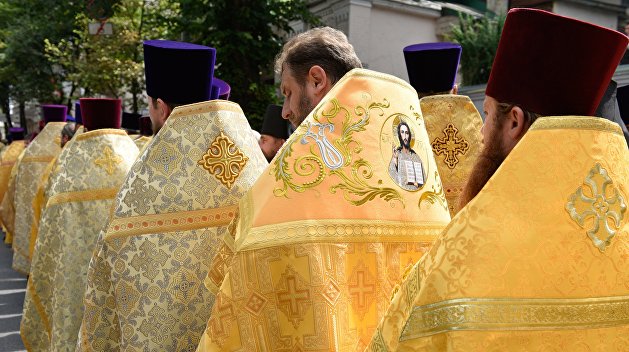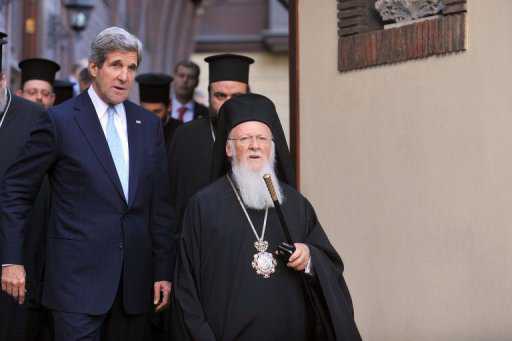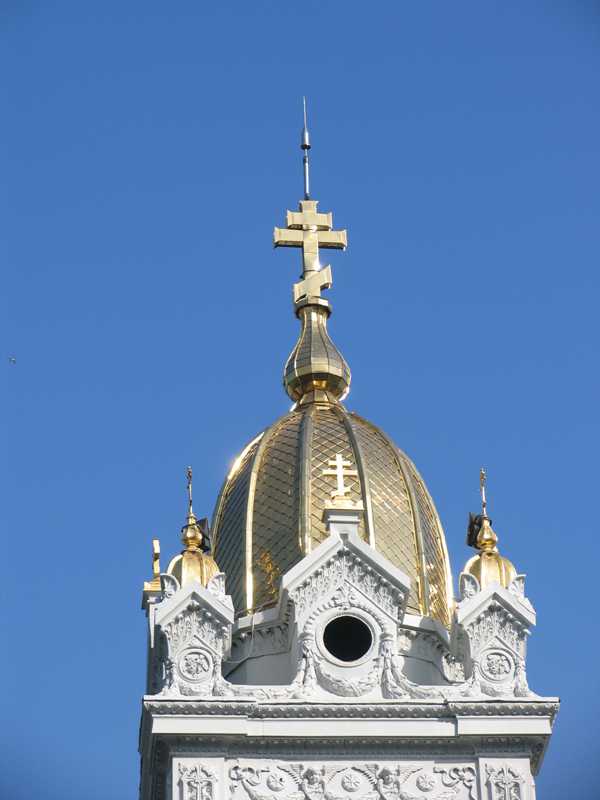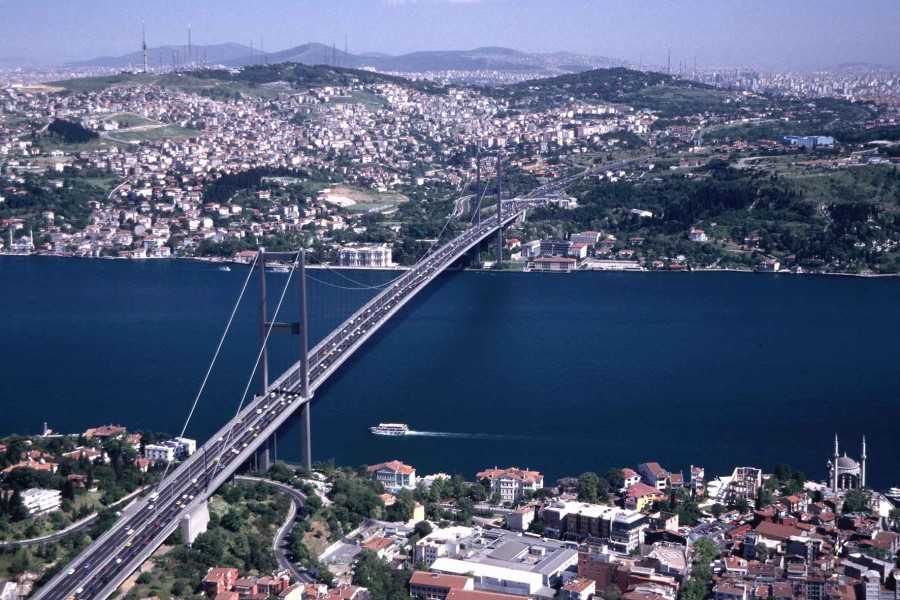
The Procession of the parishioners and priests of the Ukraine Orthodox Church (Moscow Patriarchate) held on July 27 in Kiev to mark the 1033th anniversary of Christianization of Rus’ gathered about 100 thousand of participants.
According to journalists covering the event, there were actually a lot more people. This only shows that most Ukrainians support and recognize the Moscow Patriarchate Orthodox Church of Ukraine, not the Kiev Patriarchate Church, which many experts consider as self-proclaimed.
Meanwhile, the journalists also reported that some Procession participants carried posters criticizing Patriarch Bartholomew of Constantinople, who founded the Orthodox Church of Ukraine, causing the schism in the Orthdox Church Institution in Ukraine.
Earlier, during the briefing, Archpriest Igor Yakimchuk, the Secretary for Inter-Orthodox Relations of the Department for External Church Relations of the Moscow Patriarchate, said that this year the procession would be dedicated to the “idea of loyalty to the Church”. According to him, for the Ukraine Orthox Church “this is a very important issue today,” since the canonical Church in Ukraine “is being discriminated by the authorities and attacks of extremists who are trying to tear away parishes from it and seize churches.”
The Christianization of Russia took place in 988. Today, it is celebrated among Russian Orthodox believers on July 28. In the Orthodox church calendar, this is the day of remembrance of the Great Prince Vladimir (960-1015), who initiated the Christianization of Russia.




